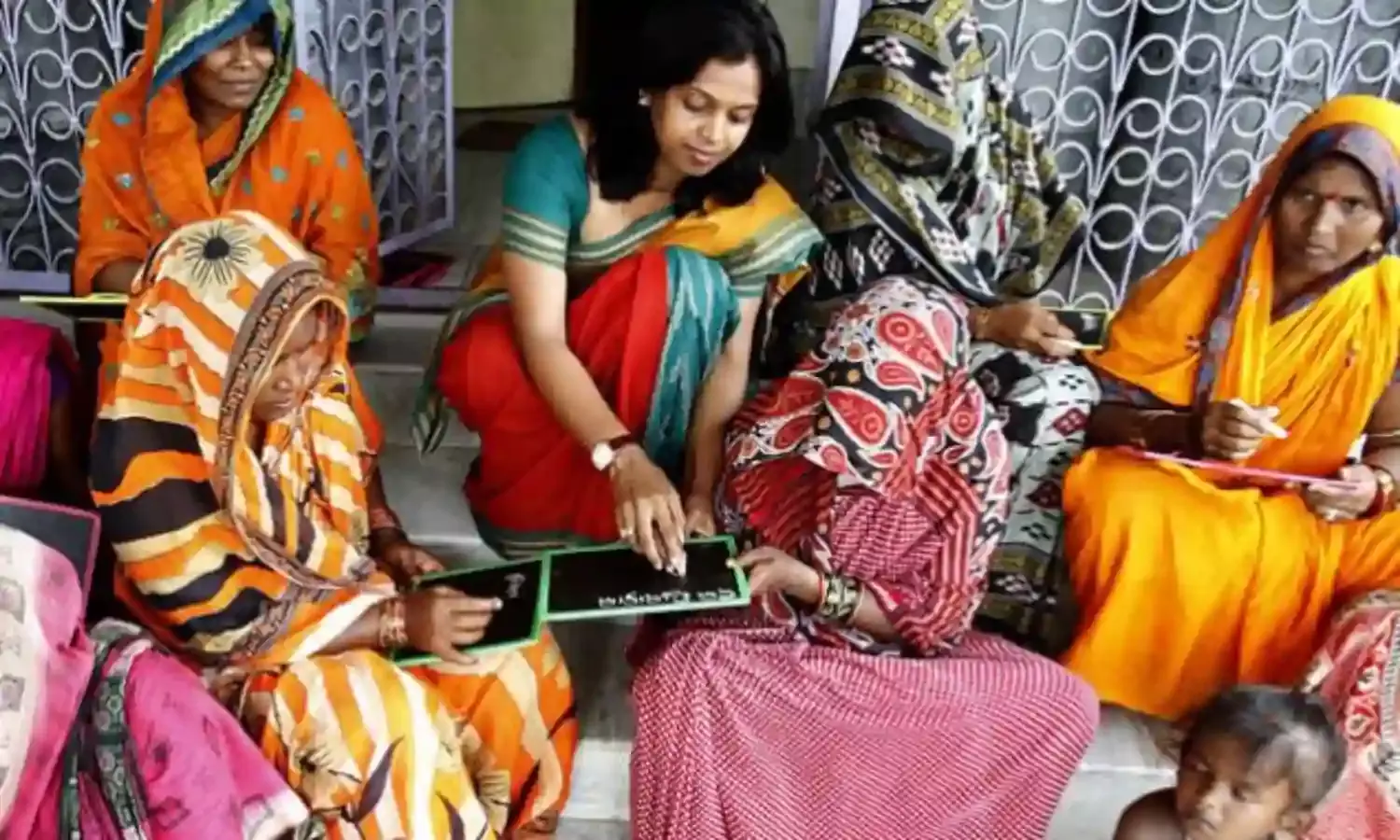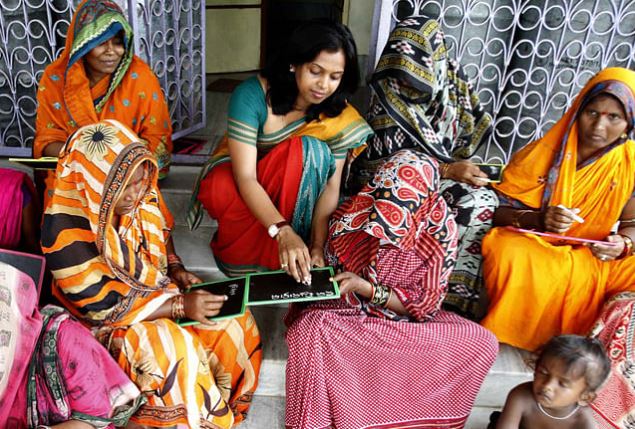Women Panchayat Leaders Fighting Powerful Interests Must Get Protection
It is essential to safeguard elected women leaders who fights corruption, mafias and feudal forces

It is shocking to know from recent media reports that 21-year-old Neha Verma, the youngest woman Pradhan (or elected head of the officially constituted village council) was attacked in her village (Tambar in Palampur region). She is reported to have received serious injuries on her neck. She was attacked in broad daylight while going to her office.
While any such attack is to be condemned strongly, this is all the more disturbing as Neha had acquired an iconic status in her state after emerging as the youngest woman pradhan, that too by defeating powerful persons in a convincing way. In fact all other candidates had to forfeit their deposit!
After getting elected Neha remained true to her promises. She started implementing her anti-corruption agenda. She also embarked on an anti-liquor campaign and stopped the consumption of liquor in all public places as this increasing trend was becoming a public menace and endangering the safety of women.
In other words, the fact that her actions were targeting powerful local forces and she could therefore become a victim of the liquor mafia and criminal elements was well known in local circles. As such there was a strong reason for providing her special protection but this was ignored.
The larger question is that when someone whose success has been widely celebrated as a sign of social progress can be attacked in broad daylight, then how safe we can consider other elected women panchayat ( rural self-government) leaders who are fighting corruption and liquor mafias or feudal forces in other, more remote ad neglected villages? In fact the risks are even higher for emerging women panchayat leaders from weaker and poorer sections, particularly dalit and tribal communities.
I have tried to meet several of those women panchayat leaders in recent years about whom I came to know that they are trying to bring important improvements and reforms in their villages, in the process often incurring the wrath of powerful traditional/feudal leaders or even criminal elements.
Kamla Devi was one such sarpanch who was elected to Tilonia panchayat (Kishangarh block of Ajmer district, Rajasthan). This is a panchayat which was earlier dominated by a single powerful family for about five decades. Kamla was able to win the election even though she was opposed by this family. She won widespread praise for her success in greening her village.She overcame many problems to bring greenery and prosperity to her village by planting nearly 15000 trees of 28 species.
Even though this initiative benefited the entire village, her effort was resisted and opposed by those influential villagers who had encroached on this village community land. Kamla was threatened by these persons but she stood firm in her resolve to plant trees.
Displaying the same determination and will-power which enabled her to overcome the opposition of the most powerful persons in the village earlier, Kamla managed to remove the encroachments without calling in the police.
Jeevan Ram, a ward panch who supported her told me, "this effort was supported fully by women from weaker sections particularly dalit women who got employment under NREGA. They know that later their goats and other animals will get fodder from here." Ganga Gujar, a woman of this village said, "earlier encroachments were only for private gain. Now these trees are for everyone's welfare. I fully support Kamla who has been a great sarpanch for our village."
Kamla said, "we formed two self-help groups for supporting tree-plantation work called Shiv Vatika group and Jai Bhavani Nursery Group. Women also contributed their small savings to this effort." Standing before a nursery set up by villagers she said, "we've tried to use NREGA in such a way that our village women can get maximum employment for greening their own village. Women have been so involved in this work that they have tried to bring plants of many species. Forest officials were willing to give only two or three species, but we collected plants of many species, as women were eager to plant flowers and fruit trees also to make their village garden as beautiful and useful as possible."
Kamla had a broader vision for protecting trees, she said, "when we've many more trees, we'll get more rain and we'll be able to save more rainwater. We've constructed a tanka to save rainwater. Trees will support more goats, sheep and farm animals. In addition birds and wild animals will get better shelter if more green cover is available."
One factor which enabled Kamala to overcome resistance from powerful persons was that she was helped by activists belonging to the Barefoot College, a voluntary organization based in the same village, in difficult situations. But such help is not available to most other such elected women leaders and so protection should be made available to them whenever they face danger and threats from powerful persons.
In the prevailing system ward panches or ward members generally do not get the due recognition, while sarpanchs or panchayat heads get all the recognition and power. Therefore it is all the more credible that Shobha Devi, ward member from Devaata panchayat (Kishangarh block of Ajmer district) was able to get tremendous support of women for initiating reforms.
Shobha Devi enjoyed such solid support of her village's women that although only one or two families in this village are dalit, Shobha, a dalit, was able to win the ward panchayat election not once but thrice. She defeated men and women candidates from the dominant caste in the village. She could achieve this because women in the village stood solidly behind her overcoming caste identity and even ignoring the dictates of men to vote against Shobha.
Most of the women in the village are illiterate, and Shobha used her education to help women in her village, whether it was to help them with their health problems or to get their other problems sorted out.
Several girls could not go to the regular school. For these girls a night school run by the Barefoot College was very useful. Shobha Devi as the teacher of this school worked very hard to give these girls a good education, so that some of them could later also join the mainstream education.
Shobha Devi also played a leadership role in driving away illegal sale of liquor from this village which also led to overall reduction in consumption of liquor. When Shobha Devi won election against the dominant caste, some villagers were angry and threatened her. In these circumstances Shobha Devi had to leave the village for some days. But women were angry and the girls missed their teacher. Finally with the help of activists of Barefoot College Shobha Devi was brought back to the village with full respect.
The writer received the prestigious Sarojini Naidu Award for reporting on women panchayat leaders.




